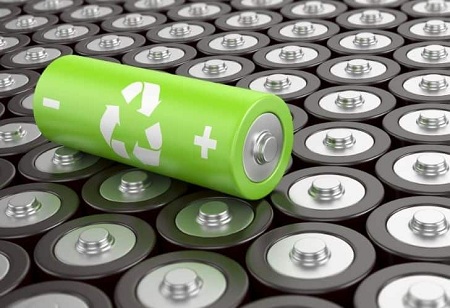In today's grid operations,
lithium-ion batteries are the most popular battery storage option, providing more than 90% of global grid markets. This is due to the fact that they have effective energy storage and don't lose it for very long.
There is no question that in the last few decades, the world has made the shift to utilizing cleaner energy thanks to the invention of lithium-ion batteries and other advancements in battery technology.
However, the environmental difficulties associated with lithium mining for lithium-ion batteries are substantial. Each tonne of lithium produced in South America requires over 2.2 million gallons of freshwater for mining.
Both the poisonous material's extraction and mining activities' fugitive particle emissions harm the atmosphere. Batteries made of lithium might be hazardous when thrown away. Although they may be recycled and the lithium recovered for use in new batteries, lithium recycling is not well established, and development in this field appears to be at a standstill.
Many technologies, including sodium-ion, solid-state, and flow batteries, have previously been deployed and are in various phases of development. Below is a discussion of the main lithium-ion battery substitutes that might be used as
Solid-state batteries: An Alternative EV Batteries
Solid-state batteries are new advanced battery blocks that have much interest across spaces. Today, all solid-state batteries promise greater energy storage density, increased reliability and wear resistance, fast charging, and also operational safety.
Solid-state batteries also have a higher energy density per unit area due to their compact size. The energy density of a solid-state battery can be up to ten times greater than that of a lithium-ion battery of the same size.
Big corporates like Samsung, Toyota Nissan, Renault, and Mitsubishi are exploring the potential of Solid-state batteries in EVs. For example, the Japanese manufacturer Toyota has been monitoring the solid-state battery industry for years ad even holds the most patents for solid-state batteries. However, the largest automaker in the world upped the ante by declaring its commitment to invest more than USD 13.5 billion by 2030 in developing next-generation solid-state batteries.
